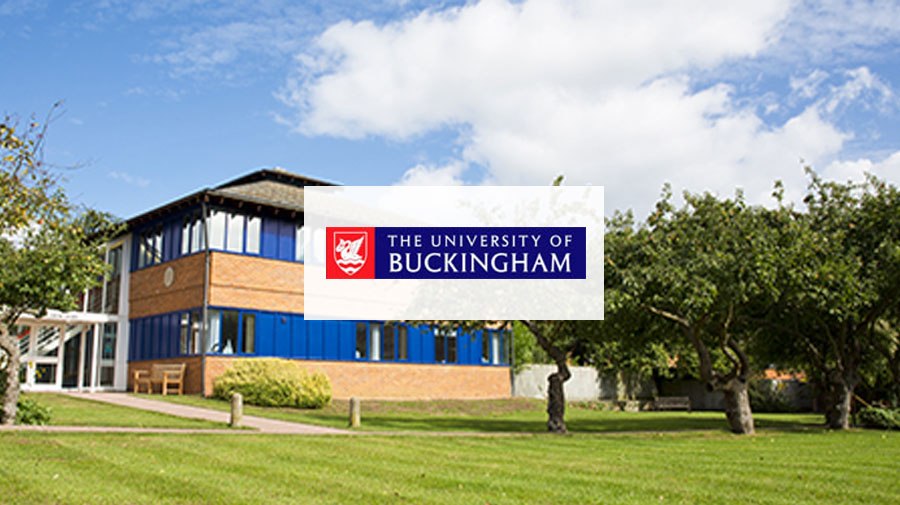-
hello@abroadcube.com
Mail us
-
Call For Help:
98779 83783
-
Whatsapp Us
70090 34921
The program explores how sport developed into the third biggest industry in the world, driven by paternalist institutions as well as market forces. The Master of Arts interrogates how technology has influenced spectator sport, and how sport became an agent as well as beneficiary of globalization. Students will study the biases that can work against good decision-making, and how effective leaders build consensus and effect change. The program explores the relationship between data analytics and human judgment.
The Master of Arts examines the challenge of sustaining fair competition (cheating, doping, match-fixing) and best practice on how to retain and improve public trust. The program explores the social function and value of the sporting event. Students will be introduced to sport’s reach and impact, its influence on local identity, as well sport’s role as an agent of cosmopolitanism. The sports event is always in flux: from the fan in the stadium, to the fan listening on the radio or watching on television, to the fan hooked into the digital world of social media. They will study the power of sport as a projection of nationhood, and the wider issue of “sports diplomacy.” Students will be introduced to the influence of sport on race, gender and homophobia.
| Level | Masters |
| Discipline | Arts and Humanities |
| Duration | 12 months |
| Intakes | Jan, Sep |
| Application Fees | GBP 0 |
| Tuition Fees | GBP 22680 |
| Campus | Main |
| Language proficiency (minimum) | |
| IELTS | 6.5 |
|---|---|
| TOEFL | 87 |
| PTE | 59 |
| Duolingo | Not Accepted |
| Exam proficiency (minimum) | |
| SAT | Not Required / Waiver |
|---|---|
| ACT | Not Required / Waiver |
| GRE | Not Required / Waiver |
| GMAT | Not Required / Waiver |
Minimum GPA - 78%
QS Quacquarelli Symonds is the world’s leading provider of services, analytics, and insight to the global higher education sector, whose mission is to enable motivated people anywhere in the world to fulfil their potential through educational achievement, international mobility, and career development.
THE (Times Higher Education) has been providing trusted performance data on universities for students and their families, academics, university leaders, governments and industry, since 2004. We create university rankings to assess university performance on the global stage and to provide a resource for readers to understand the different missions and successes of higher education institutions.
The Academic Ranking of World Universities (ARWU) was first published in June 2003 by the Center for World-Class Universities (CWCU), Graduate School of Education (formerly the Institute of Higher Education) of Shanghai Jiao Tong University, China, and updated on an annual basis
The "Webometrics Ranking of World Universities" is an initiative of the Cybermetrics Lab, a research group belonging to the Consejo Superior de Investigaciones Científicas (CSIC), the largest public research body in Spain. CSIC is among the first basic research organizations in Europe. The CSIC consisted in 2006 of 126 centers and institutes distributed throughout Spain.


